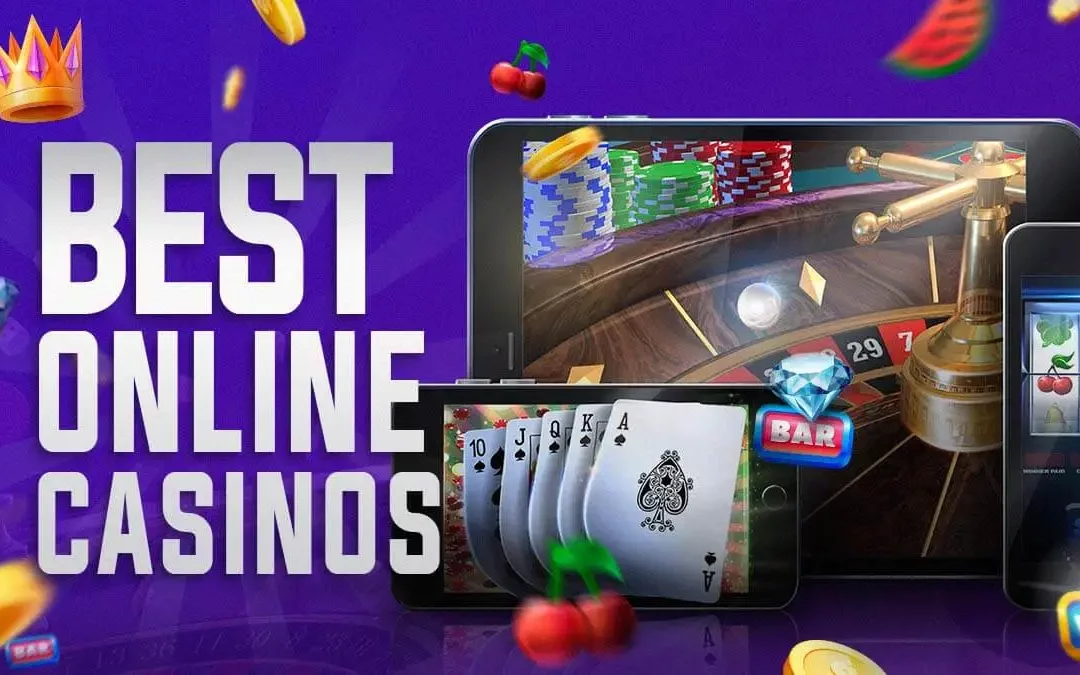
Casinos, the vibrant hubs of entertainment and chance, have a rich history that spans millennia. The evolution of casino games reflects not only the changing preferences of society but also technological advancements and cultural influences. From ancient civilizations to the glitzy casinos of today, the journey of these games is a fascinating tale of innovation and adaptation.
Ancient Beginnings:
The origins of gambling can be traced back to ancient civilizations such as the Chinese, Greeks, and Romans. Early forms of gambling were rudimentary yet culturally significant. The Chinese game of Keno, believed to have funded the construction of the Great Wall, and the Roman game of dice known as “Hazard” laid the groundwork for future casino games.
European Influence:
The Middle Ages saw the emergence of early European gambling houses, introducing popular games like Baccarat and Blackjack. It wasn’t until the 17th century in Venice, Italy, that the first true casino, Ridotto, was established, marking a pivotal moment in the history of gambling establishments.
The American Revolution:
The 18th and 19th centuries brought a wave of change in casino gaming, particularly in the United States. The iconic game of Poker emerged during this time, with its variants evolving across the American frontier. The Gold Rush era also saw the rise of saloons featuring gambling, further shaping the landscape of casino games.
Technological Revolution:
The 20th century witnessed a transformation in the casino industry with the advent of technology. The invention of slot machines by Charles Fey in the late 1800s evolved into the electrifying slot games that are a staple of modern casinos. The introduction of video poker and electronic gaming machines revolutionized the gaming experience, offering a blend of chance and skill.
Global Expansion and Innovation:
The latter part of the 20th century and the early 21st century marked a period of global expansion for casinos. Las Vegas became synonymous with the ultimate casino destination, fostering innovation and introducing themed resorts that offered an immersive experience beyond just gambling. The rise of online casinos in the digital age expanded the reach of these games, allowing players to access them from anywhere in the world.
Modern Innovations:
Advancements in technology continue to shape the landscape of casino gaming. Virtual reality (VR) and augmented reality (AR) have started to influence the industry, providing an immersive and interactive gaming environment. Additionally, the integration of cryptocurrencies like Bitcoin into online casinos has added a new dimension to the payment and gaming experience, offering anonymity and security to players.
The Future of Casino Games:
As we move forward, the evolution of casino games shows no signs of slowing down. Emerging technologies like blockchain and artificial intelligence promise to further revolutionize the industry, ensuring fairness, security, and personalized gaming experiences. With a focus on innovation and adaptability, the future of casino games holds limitless possibilities.
In conclusion, the journey of casino games from ancient origins to modern innovations is a testament to human ingenuity and our innate desire for entertainment and chance. From humble beginnings to the glitz and glamour of today’s casinos, these games continue to captivate and evolve, promising an exciting future where technology and tradition intersect to create thrilling gaming experiences.





